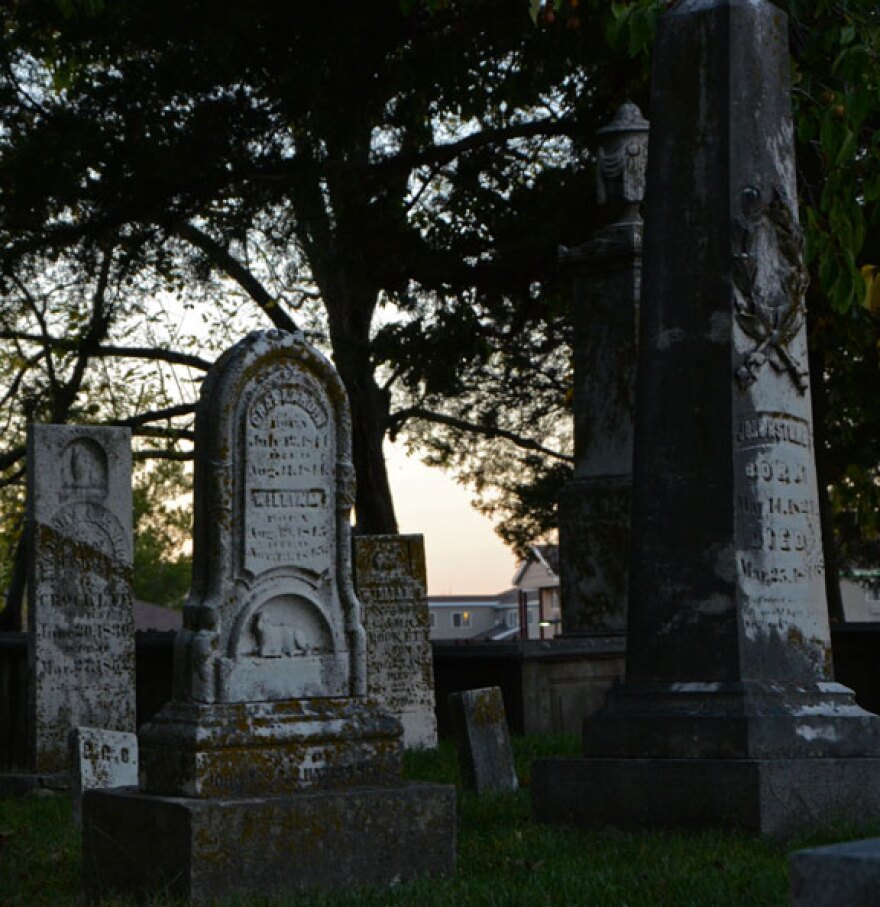When Rashed Nizam went home to Bangladesh this spring, he knew his father was close to death.
“All his life he was healthy,” Nizam said. But now, he was 90 years old. When Nizam got there, he could tell his father’s last moment was coming – he just didn’t know exactly when.
He prepared his family: “I said, ‘OK, you recite Quran, you say all the good, things, reminding him.’”
Two days later, on May 1, his father died.
Although death and grief are universal human experiences, the understanding of these experiences varies among different religious groups. Here’s a brief look at what the three Abrahamic faiths – Islam, Christianity and Judaism – teach about dying and the afterlife.
ISLAM
Nizam, a member of the Islamic Center of Central Missouri, said that comfort for Muslims comes from a hope for an afterlife for those who have died. He said it’s important for Muslims to live upright lives and be prepared to die.
“Are you prepared to die?” he said. “You cannot change your time, the last moment, the last breath. You cannot change the destiny of when you’re going to die, but how you’re going to die, you can do that if you practice, you know, religious. Remembering that you have to prepare anytime you can with God.”
He said that for Muslims, it’s important to die as a believer, a worshipper.
CHRISTIANITY
For Christians, belief includes the promise of the afterlife.
“[Death is] viewed as a normal part of life, and it’s viewed as a time of transition to a new life, a new life in Christ for those who believe,” said Rev. Knute Jacobson, the rector at Calvary Episcopal Church in Columbia.
He said that funeral practices among Christians are influenced by specific church doctrine.
“A funeral is always a time to grieve, so we encourage people to grieve the loss of a loved one,” he said. “A funeral is also a time for families to celebrate, to celebrate what the beloved person has meant in their lives and perhaps meant to the wider community.”
JUDAISM
Rabbi Yossi Feintuch of Congregation Beth Shalom in Columbia said that Jewish funerals also focus on a person’s good deeds while they lived.
“Maybe the person was not so nice, was not so good, but there is always something, something, a particle, that you focus on and say what a difference this person made for the living here,” he said. “And that is where we find the source of comfort, or it is the beginning of being comforted.”
Feintuch said that for Jews, comfort for grief comes from God. In the Torah, there is a story about Isaac, the son of Abraham. After Abraham’s death, Genesis says that God “blessed Isaac.” Feintuch said this doesn’t make sense, but more likely, the word “blessed” can be substituted with the word “comforted.”
“Obviously, it is a sad event that he lost his father and thus, God needs to comfort [him], which is to this day, a major principle in Jewish practices, that is, humans cannot comfort, only heaven can,” he said.
Tying it together
Despite different teachings about death, the experience of mourning transcends lines of faith. For example, Jacobson said, it’s not as if Christians have their own unique way of grieving.
“I think grieving is part of the human psyche and it’s probably universal — a universal human experience.”

